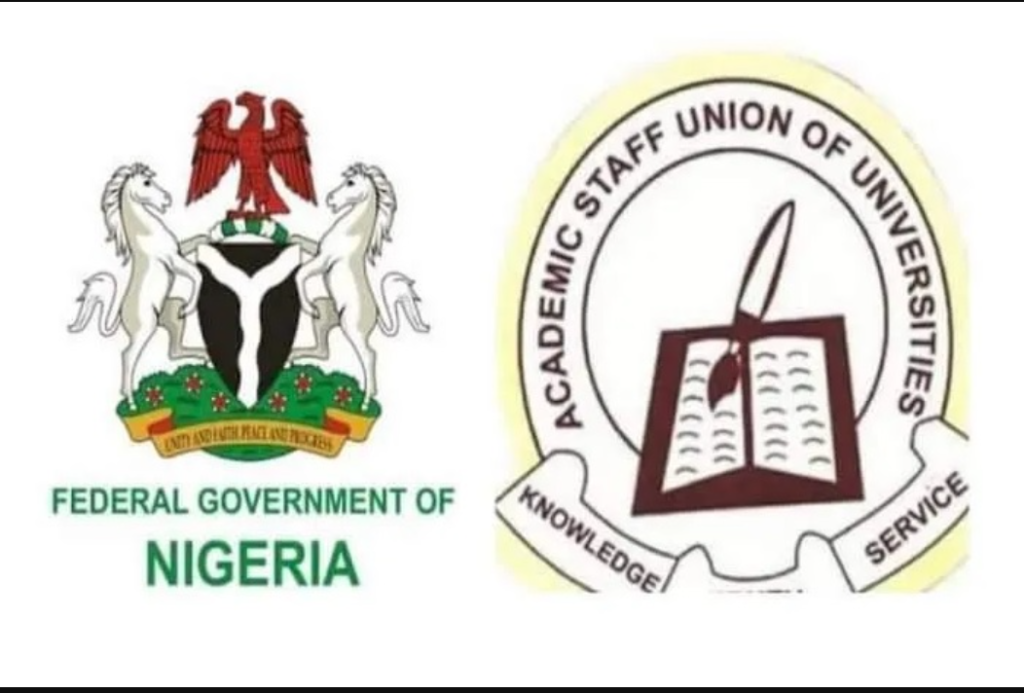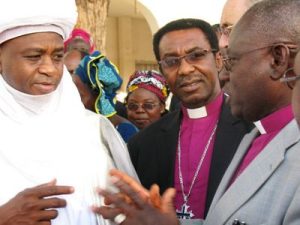
To put it like it really is: Any further disruption to the academic calendar due to industrial actions by university-based unions will only deepen the ongoing crisis within the university system. Preventing this must be a priority. Period!
Recently, the Academic Staff Union of Universities (ASUU) issued a 21-day strike ultimatum to the Federal Government, following decisions made during the union’s National Executive Council meeting held at the University of Ibadan on August 17 and 18. According to ASUU’s national president, Emmanuel Osodeke, both the federal and state governments have neglected the issues that led to previous strikes. This is a troubling development.
Osodeke reported that the NEC received “alarming reports” about the government’s unfulfilled promises from the 2022 strike. He criticized the slow pace of intervention by the Minister of Education, Tahir Mamman, in resolving these issues.
The ASUU president highlighted several critical concerns, including the need to review and sign the renegotiated 2009 FGN-ASUU Agreement, demand for substantial funding, and the necessity for an emergency revitalization fund for public universities. He also mentioned the outstanding payment of earned academic allowances, release of withheld salaries, promotion arrears, and third-party deductions owed to ASUU members.
In the 2009 agreement, the Federal Government committed to providing N1.2 trillion, with N200 billion to be allocated annually. However, this commitment was not met, leading to a renegotiation during President Goodluck Jonathan’s administration in 2012. President Bola Tinubu should honor these commitments instead of indulging in extravagant expenses like jets.
Osodeke expressed ASUU’s grievances over illegal recruitments, the unchecked proliferation of public universities, and the disregard for university laws. He also demanded the removal of universities from the Treasury Single Account and the Integrated Personnel and Payroll Information System to preserve university autonomy.
Previous strikes in the last four years followed the government’s failure to implement the 2020 MoA, and the failure to adopt the University Transparency and Accountability Solution for salaries and allowances. Other niggles are the failure to release the EAA for lecturers, improve welfare, fund revitalisation, and autonomy.
These are germane to the development of tertiary institutions, yet the Federal Government continues to display insensitivity to the plight of universities, the staff, and students.
The government must find the funds. It should do this by cutting luxuries and waste elsewhere. It is a question of priorities. Education should attract the necessary funding.
Insensitive as ever, political leaders are frequently photographed celebrating the matriculation or graduation of their children in overseas universities. A few opt for local high-priced private universities. They have lost faith in Nigeria’s public education system. It reflects the country’s poor leadership.
Many, including this newspaper, had long urged ASUU to adopt alternative strategies beyond the counterproductive strike option. While the dons should not give up on this, their persistent rebuttal that they are dealing with deaf and uncaring leadership has won them wide sympathy.
The government must honour its agreements, pay lecturers’ EAA and revitalise the deplorable tertiary education sector. According to the Centre for World University Rankings’ 2022 report, no Nigerian university is among the world’s top 1,000 universities. The University of Ibadan was ranked 1,172; the University of Nigeria placed 1,775. But Cairo University was ranked 531; the University of Johannesburg, 629.
Nothing more to add but stop ASUU strike immediately.









